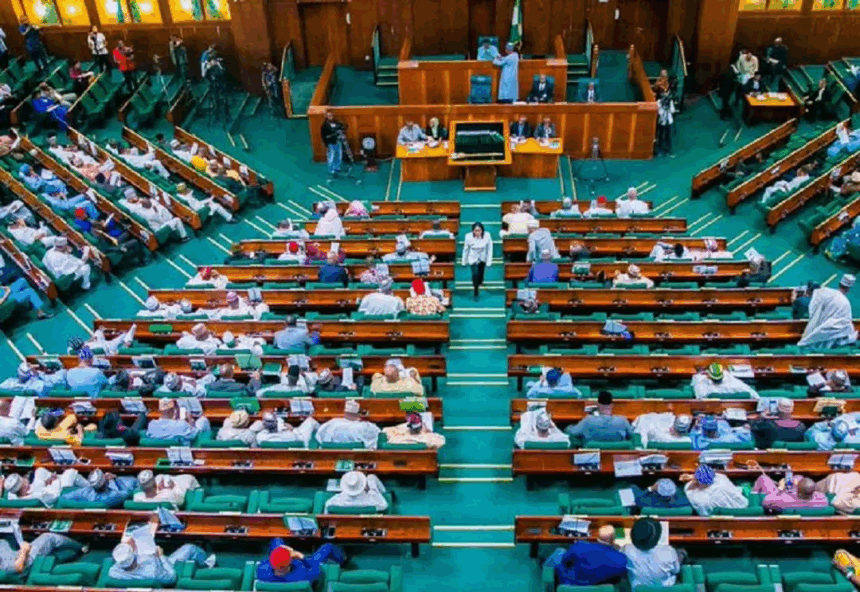-
South East leaders say new state proposals still leave region shortchanged with only six states.
-
Stakeholders warn political interests and external forces are fueling disunity over proposed state.
-
Experts insist equity requires at least two new South East states, not one.
Stakeholders across the South East have expressed concerns over the National Assembly joint committee’s recommendation for the creation of six additional states across Nigeria.
The Senate and House of Representatives committee reached the resolution at the end of a two-day retreat in Lagos, co-chaired by Deputy Senate President Barau Jibrin and Deputy Speaker Benjamin Kalu.
ATTENTION: Click “HERE” to join our WhatsApp group and receive News updates directly on your WhatsApp!
The lawmakers considered 69 bills, including 55 state creation requests, two boundary adjustment proposals and 278 local government creation demands, before settling on one new state per geopolitical zone.
If approved, the total number of states in the country would rise from 36 to 42.
Under the arrangement, the South South and South West would increase to seven states each, the North East and North Central would have seven, while the North West would rise to eight. The South East, long considered the most disadvantaged, would move from five to six states.
However, stakeholders say the recommendation still perpetuates inequality, insisting that the region requires more than one additional state to achieve fairness.
Elder statesman, Dr. Chike Obidigbo, told newsmen that the loud contestations over the proposed South East state were unnecessary and capable of deepening internal divisions.
He said the political manoeuvring around the process was designed to create disunity among the Igbo, warning that external forces were taking advantage of the situation.
Obidigbo advised that instead of escalating tensions over which communities should form the new state, Ohanaeze Ndigbo should convene a meeting to thoroughly assess the various proposals and reach a collective position.
“Adada is one of the oldest state creation demands. But we have also heard strong arguments for Etiti State, which would bring together homogenous communities from the five South East states,” he said.
“In my view, if Etiti is prioritised, Anioma should come as a separate state when the proposal for one state per geopolitical zone is considered. But remember that this process will require a referendum, and I doubt the Delta State House of Assembly would readily support Anioma joining the South East.”
He warned that those pushing Anioma into the South East were influenced by external political agendas designed to exploit notions of ‘core’ and ‘peripheral’ Igbo.
READ ALSO: National Assembly Approves Creation of New State in Nigeria’s South East
Obidigbo said geography should guide decision-making, noting that if Igbo communities in Edo, Benue and Kogi express willingness to join proposed states, Igbo leaders must collectively determine which option holds priority.
In his own remarks, Managing Director of the Anambra State Civic and Social Reformation Office, Dr. Chuka Nnabuife, said the conversation should be driven by equity, not ethnic grievances.
He commended the National Assembly for acknowledging the need for more states, noting that state creation historically improves development.
Nnabuife argued, however, that simply adding one state across all regions would still leave the South East disadvantaged.
“There is a region that already has seven states. Others have six. The South East has five. If you add one state across the board, the imbalance continues,” he said.
“I support creating more states, and I support additional states for the South East. But equity demands at least two new states for the region while other zones get only one—or none where they already have seven.”
He said fairness and justice must underpin any constitutional amendment, stressing that the South East deserves equal representation in Nigeria’s political structure.

